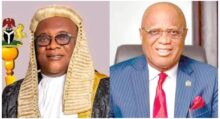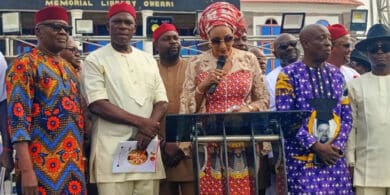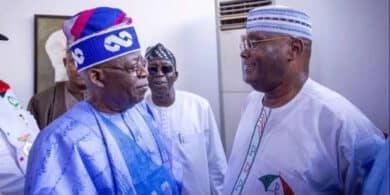“Parliamentary system better than presidential system of government, cheaper” — Dantata
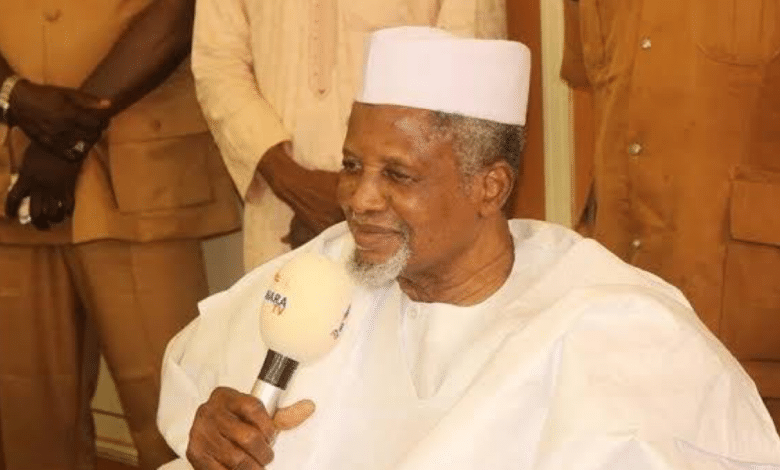
Alhaji Aminu Dantata, an esteemed elder statesman, has expressed support for transitioning from a presidential system of government to a parliamentary system.
Dantata shared his thoughts on the matter, highlighting the benefits of the parliamentary system over the presidential system. According to him, one advantage of the parliamentary system is its cost-effectiveness.
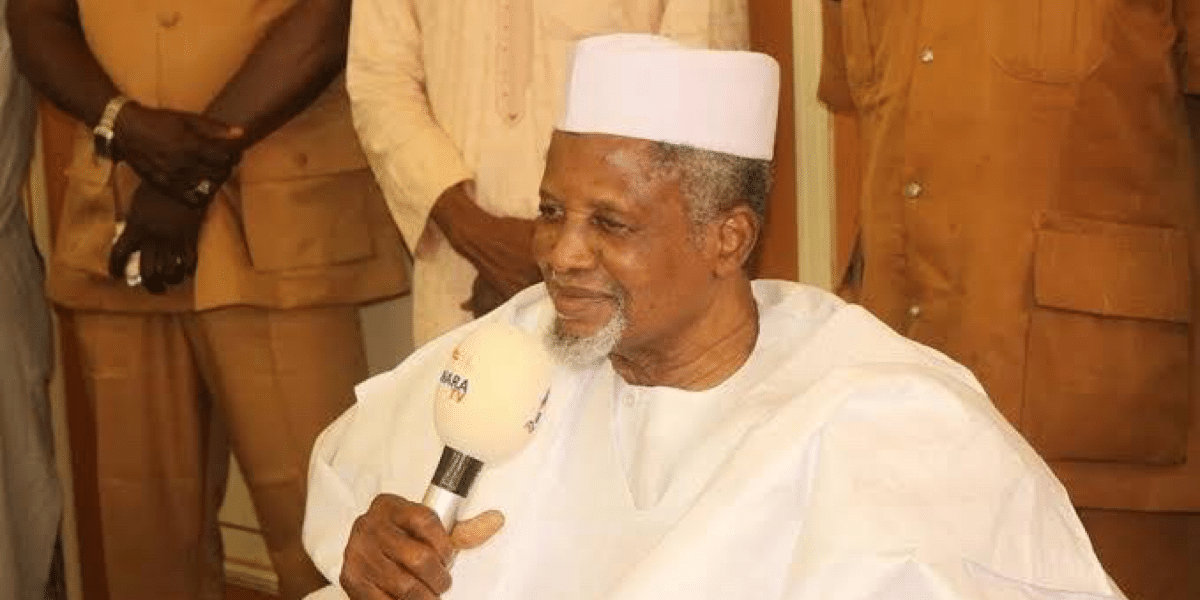
He stated this when some members of the House of Representatives spearheading the transition move paid him a consultation visit at his Kano residence.
Sixty members of the House of Representatives on Wednesday introduced a bill to change the Nigerian Constitution, proposing to switch from the current presidential system to a parliamentary system of government.
Briefing newsmen after plenary, the spokesperson of the sixty-member group, Hon. Abdussamad Dasuki (Sokoto, PDP), said that the proposed alterations, when passed, would significantly impact the national political landscape.
According to him, over the years, the imperfections of the Presidential System of Government have become glaring to all, despite several alterations to the constitution to address the shortcomings of a system that has denied the nation the opportunity to attain its full potential.
He said among these imperfections are the high cost of governance, leaving fewer resources for crucial areas like infrastructure, education, and healthcare, and consequently hindering the nation’s development progress, and the excessive powers vested in the members of the executive, who are appointees and not directly accountable to the people.
He further noted that the bills presented seek a return to the system of government adopted by our founders, which made governance accountable, responsible, responsive, and ultimately less expensive.
Dasuki explained that with the presentation of these bills, the House hopes to ignite and provoke a national conversation about the future of the Nigerian governance system, to ensure robust public debates, stakeholder consultations, expert analyses, and a thorough and informed decision-making process, to raise awareness about the significant development and to encourage constructive dialogue on the potential implications of these proposed constitutional alterations.
“Today, we stand on the cusp of history, as lawmakers across party affiliations and regional backgrounds come together to present bills proposing Constitutional Alterations that seek a transition to Parliamentary System of Government.
“These bills, seeking to alter the Constitution of the Federal Republic of Nigeria 1999, advocate a transition from the current presidential system to a parliamentary system at all levels – federal, state, and local government.”


![Moment APC members boo out former lawmaker at Ibadan Youth Submit [Video]](https://www.gistreel.com/wp-content/uploads/2025/12/InCollage_20251217_165304723-220x119.jpg)
